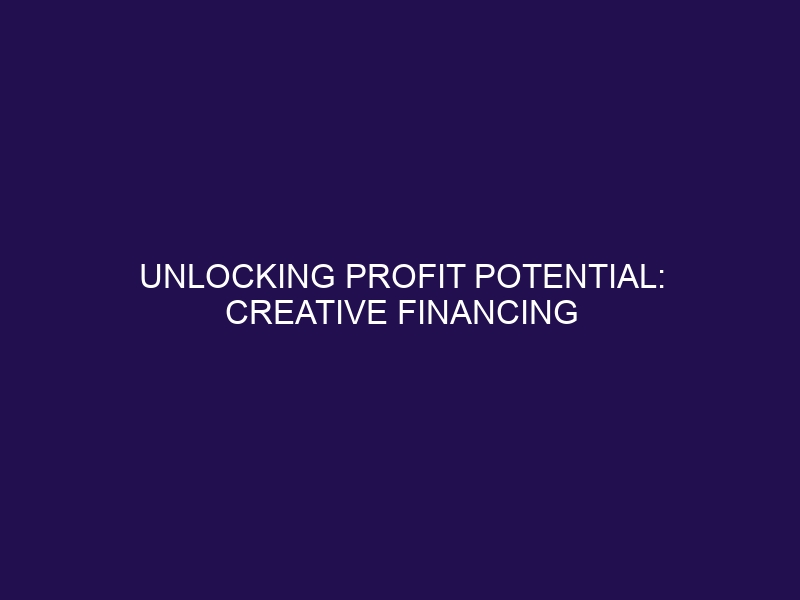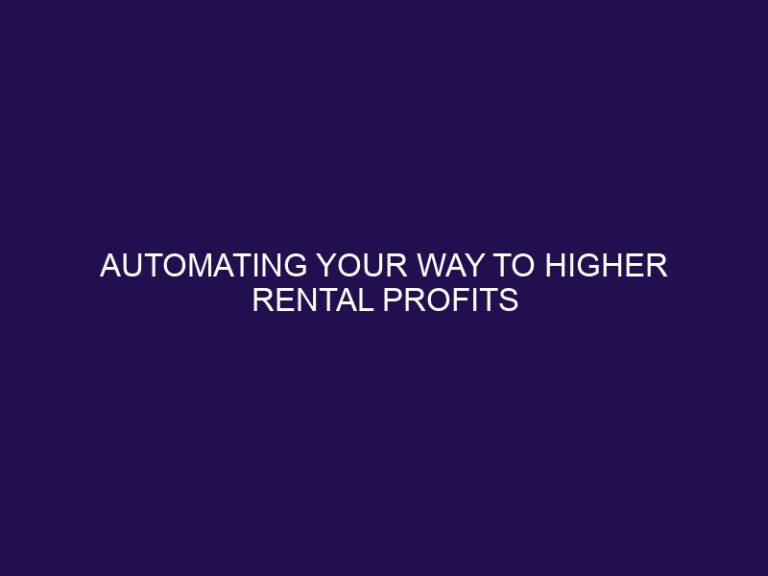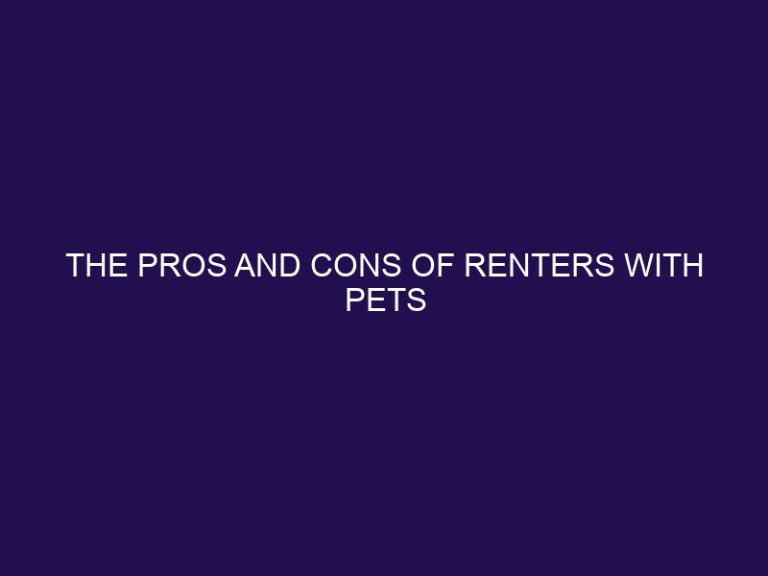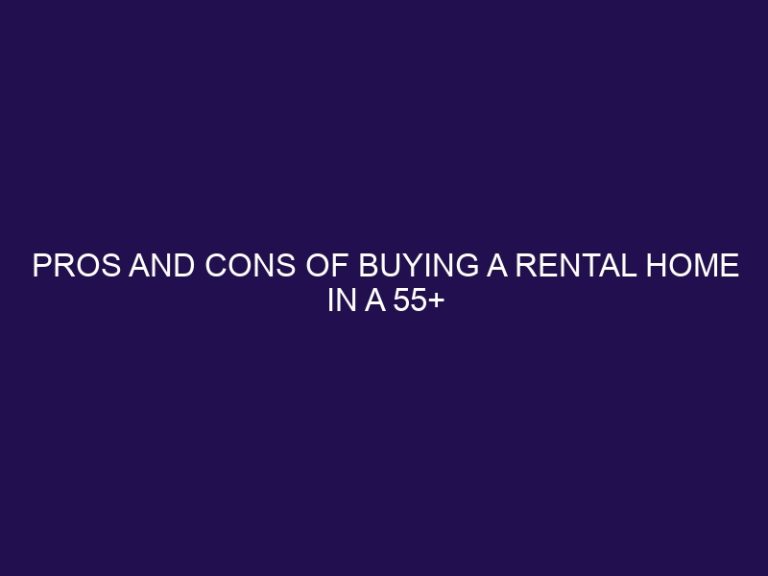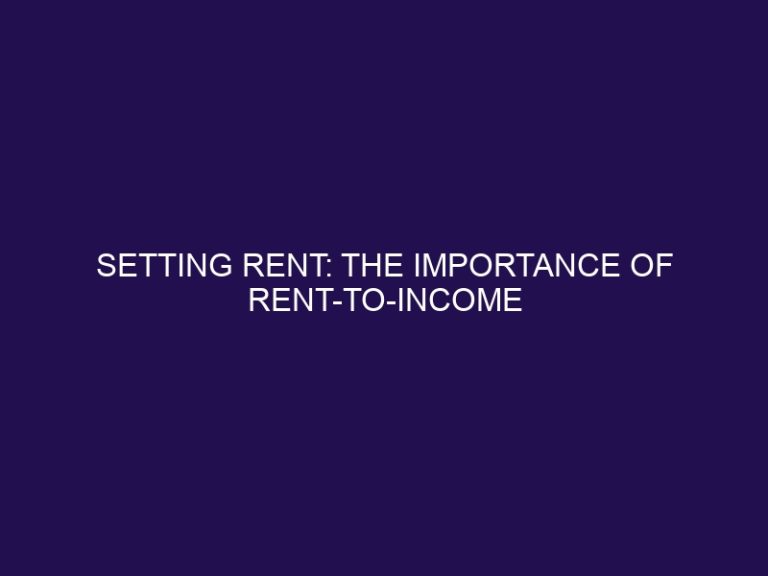Unlocking Profit Potential: Creative Financing Solutions for Property Investments
Welcome to our comprehensive guide on “Creative Financing Solutions for Property Investments.” In this article, we will delve into the world of real estate financing, exploring the differences between traditional and creative financing methods. We’ll uncover the top creative financing strategies for real estate investments, including cash-out refinance, home equity line of credit (HELOC), seller financing, lease options, self-directed IRAs, hard money, private money, FHA loans, and crowdfunding.
We will also explore the possibilities of purchasing a house with no money down and buying a house with bad credit and no money down. We’ll weigh the pros and cons of real estate creative financing and address commonly asked questions. We’ll provide insights and invite you to a free webinar training to further enhance your knowledge in this area. So, let’s embark on this insightful journey into the world of creative financing in real estate.
Key Takeaways:
Understanding Creative Financing in Real Estate
Understanding creative financing in the real estate industry involves exploring innovative methods of funding property investments beyond traditional financing options.
With the evolution of the real estate market, the concept of creative financing has gained prominence, offering alternative funding sources for individuals interested in real estate investment opportunities. Creative financing strategies can include seller financing, lease options, and private money lenders, among others. These options provide flexibility and accessibility, particularly for investors and homebuyers who may face challenges obtaining conventional loans or meeting stringent lending criteria.
By leveraging creative financing, individuals have the potential to access property investments and realize their real estate goals, creating mutually beneficial opportunities for both buyers and sellers. This approach also opens doors for diversifying funding sources, enhancing financial portfolios, and participating in a dynamic and evolving real estate market.
Traditional vs. Creative Financing
Comparing traditional financing with creative financing in real estate reveals the contrast between conventional lending practices and innovative funding solutions.
Traditional financing in real estate typically involves securing a mortgage loan from a bank or financial institution. The process follows a set of standardized requirements, such as a good credit score, stable income, and substantial down payment.
On the other hand, creative financing options encompass strategies like seller financing, lease options, and private money lending, which offer flexibility and unique terms. These approaches can benefit both buyers and sellers by enabling deals that may not be feasible through traditional methods. In addition, creative financing can be particularly advantageous in competitive markets or for properties with unconventional characteristics, providing opportunities for successful transactions that might otherwise be challenging.
Top Creative Financing Strategies for Real Estate Investments
Exploring the top creative financing strategies for real estate investments provides insights into diverse funding avenues such as private money loans, FHA loans, and crowdfunding platforms.
Private money loans, often secured through connections with individuals or private entities, offer flexibility in terms and interest rates compared with traditional bank loans. They are suitable for quick acquisitions or when the borrower has difficulties meeting conventional lending criteria.
FHA loans, backed by the Federal Housing Administration, provide accessible options for individuals with lower credit scores or limited down payments, allowing them to invest in real estate with favorable terms and lower barriers to entry. These loans are ideal for first-time investors or those seeking government-backed support.
Crowdfunding platforms have revolutionized real estate investing by enabling individuals to pool resources and invest in properties collectively. They offer opportunities for diverse portfolios, reduced financial risk, and access to properties that may have been unattainable individually.
Cash-Out Refinance: Unlocking Equity
Cash-out refinance serves as an effective method for real estate investors to unlock equity from their properties, leveraging the potential of traditional financing and favorable interest rates.
This financial strategy allows property owners to refinance their mortgage for an amount greater than the current loan balance, receiving the difference in cash. By tapping into the accumulated equity, individuals can undertake home improvements, consolidate debt, or reinvest in other lucrative ventures.
Notably, the option to access substantial funds based on property value is a key advantage that distinguishes cash-out refinancing from other refinancing methods.
Home Equity Line of Credit (HELOC) for Property Enhancements
Utilizing a Home Equity Line of Credit (HELOC) presents an opportunity for property enhancements by leveraging the available equity through flexible financing options in the real estate market.
HELOCs offer the flexibility of borrowing against the equity of your property, allowing homeowners to access funds as needed, which can be particularly advantageous for financing property improvements. Since HELOCs are revolving lines of credit, the funds can be borrowed, repaid, and borrowed again, providing ongoing access to financing for various projects.
The interest on HELOCs may be tax-deductible if the funds are used for home improvements, adding to its appeal as a viable financing option for property enhancements. This makes it an attractive alternative to traditional loans with potentially lower interest rates and tax advantages.
Seller Financing: Leveraging Other People’s Money
Seller financing offers the potential to leverage other people’s money for real estate transactions, creating innovative financing techniques that circumvent the reliance on traditional banks or lenders.
When sellers provide financing, they essentially act as the lender, offering the buyer a loan to purchase the property. This arrangement opens up opportunities for property acquisitions that might not be possible through conventional financing. It can be especially beneficial for buyers with limited access to bank loans or those seeking more flexible terms.
Creative financing techniques, such as lease options and seller carryback mortgages, can further enhance the feasibility of property purchases by expanding the pool of potential buyers and fostering mutually beneficial agreements.
Lease Option: Path to Homeownership
The lease option provides a viable path to homeownership within the realm of real estate, offering creative financing techniques through structured lease option contracts for potential property buyers.
Through a lease option, potential buyers can secure the right to purchase a property at a predetermined price within a specified period. This arrangement allows them to reside in the property as tenants before deciding on the purchase, providing a unique opportunity to test the suitability of the property and the neighborhood.
Lease options often involve an upfront payment known as the option fee, which grants the buyer the exclusive right to buy the property at an agreed-upon price, usually higher than the current market value. This strategy can be advantageous for buyers who are not yet financially prepared for a traditional mortgage.
Self-Directed IRA: Enhancing Retirement Savings with Real Estate
A self-directed IRA offers a means of enhancing retirement savings through real estate investment opportunities, enableing individuals to diversify their retirement portfolios beyond traditional financial assets.
Investing in real estate through a self-directed IRA can provide numerous benefits. It allows investors to take advantage of potential tax advantages, such as tax-deferred or tax-free growth. Real estate offers the potential for regular income through rental properties or the potential for long-term appreciation, providing a hedge against inflation.
Self-directed IRAs enable individuals to have greater control over their investment decisions, allowing them to leverage their knowledge and expertise in the real estate market. By incorporating real estate into their retirement portfolios, individuals can potentially achieve greater diversification and potentially enhance their overall returns over time.
Hard Money: Accessing Real Estate Financing
Hard money loans serve as a means of accessing real estate financing through private and institutional sources, providing alternative funding avenues beyond traditional financial institutions.
These types of loans are often utilized by real estate investors and developers who require quick access to capital for property investments. Real estate investors use hard money loans for short-term financing to acquire, develop, or renovate properties. This type of financing is known for its fast approval process and flexibility, making it a popular choice for individuals and businesses seeking funding for real estate projects.
Private Money: Personalized Real Estate Financing
Private money loans offer personalized real estate financing solutions, catering to the diverse needs of investors and homebuyers through flexible and creative financing options supported by private money lenders.
These loans provide a distinct advantage in scenarios where traditional financing options may be limited or time-sensitive. Private money lenders often offer expedited application processes and more relaxed approval criteria, enabling borrowers to seize opportunities in competitive real estate markets.
The flexibility of private money loans allows for customized repayment structures and terms, tailored to suit the individual circumstances and investment strategies of borrowers. This level of adaptability is particularly beneficial for unconventional real estate ventures or properties that may not meet traditional lending standards, fostering a more inclusive approach to real estate financing.
FHA Loans: Ideal for First-Time Buyers
FHA loans emerge as an ideal financing option for first-time homebuyers, offering opportunities to secure property purchases through viable financing solutions beyond traditional lending practices.
One of the primary advantages of FHA loans is the lower down payment requirement, which can be as low as 3.5% of the purchase price. This allows first-time homebuyers who may have limited savings to enter the real estate market.
FHA loans are more lenient when considering the credit history and scores of applicants compared to conventional loans, making them accessible to a wider range of potential buyers. The flexibility in eligibility criteria and the option for higher debt-to-income ratios further enhance the appeal of FHA loans, enabling more individuals to qualify for financing.
Crowdfunding: Harnessing the Power of the Public
Crowdfunding in real estate harnesses the collective power of the public, providing investment opportunities through specialized platforms that enable diverse individuals to participate in property-based ventures.
These crowdfunding platforms serve as intermediaries that connect investors with developers, allowing individuals to contribute towards real estate projects with varying capital amounts. By pooling resources, real estate crowdfunding democratizes investment in this asset class, granting access to opportunities that were traditionally limited to large institutional players.
Specialized platforms often offer a range of projects, including residential, commercial, and mixed-use developments, catering to the diverse preferences and risk appetites of potential investors.
Participating in real estate crowdfunding not only provides individuals with the potential for financial returns but also contributes to the revitalization and development of communities, aligning investment objectives with positive social impact.
Cross Collateral: Leveraging Existing Property for Financing
Cross collateralization enables real estate investors to leverage existing properties as collateral for financing, fostering access to business credit lines and alternative funding mechanisms beyond traditional lending approaches.
This financial strategy allows investors to use the equity in one property to secure a loan for another property, providing them with the flexibility to capitalize on new opportunities without having to seek entirely new financing. It can be a useful way to access funds for property improvements or expansion, as the combined value of multiple properties can be utilized to secure larger loans.
Possibilities of Purchasing a House with No Money Down
Exploring the possibilities of purchasing a house with no money down unveils alternative financing options that enable aspiring homebuyers to secure property acquisitions without reliance on traditional banks or substantial initial capital.
One avenue to consider is the USDA Rural Development Loan program, catering to individuals seeking to purchase homes in designated rural areas. This initiative provides up to 100% financing, eliminating the need for a down payment. Additionally, VA loans offer a compelling option for eligible veterans, with the potential for zero-down financing.
Another avenue involves exploring down payment assistance programs and grants available at the state and local levels, providing financial support to eligible homebuyers. These initiatives often target specific demographics or contribute towards closing costs and down payment assistance.
Moreover, seller financing presents an alternative route, where the seller acts as the lender, facilitating a transaction without a conventional mortgage. This arrangement can potentially offer flexibility in negotiating favorable terms without the demand for a down payment, providing a creative solution for securing a property.
Buying a House with Bad Credit & No Money Down
Buying a house with bad credit and no money down entails exploring specialized financing solutions, such as personal loans and alternative funding sources, to facilitate property acquisitions despite credit challenges and limited initial capital.
One effective strategy for individuals with bad credit and limited funds is to seek out lenders who offer personal loans tailored for individuals in such situations. These loans, often available through online lenders or credit unions, may have more lenient credit score requirements and can be used for the down payment or even the entire purchase price of the property.
Alternative funding sources such as seller financing or lease-to-own arrangements can provide opportunities for acquiring a home without a traditional down payment. It’s essential to thoroughly research and consider the terms and conditions offered by different financing options to find the most suitable solution for your circumstances.
Specialized financing programs, like FHA loans, VA loans, or USDA loans, are designed to assist individuals with lower credit scores and limited down payment capabilities. Consulting with a knowledgeable real estate agent or mortgage broker who has experience working with clients in similar situations can offer valuable insights and guidance in navigating the complexities of purchasing a home with bad credit and no money down.
Pros and Cons of Real Estate Creative Financing
Analyzing the pros and cons of real estate creative financing offers insights into the advantages and potential drawbacks of utilizing innovative funding methods, including considerations related to interest rates and diverse creative financing options.
One of the primary advantages of creative financing in real estate is the flexibility it offers to both buyers and sellers. Buyers may find it easier to secure financing without having to rely solely on traditional mortgages, while sellers have the potential to attract a wider pool of potential buyers by offering creative financing options. Creative financing can enable individuals with limited financial resources to enter the real estate market, leading to increased opportunities for homeownership.
On the other hand, a potential challenge of creative financing is the complexity and potential risks associated with unconventional funding methods. Interest rates may be higher, and there’s often a need for thorough legal and financial due diligence to safeguard all parties involved. The lack of regulatory oversight in some creative financing arrangements poses the risk of fraud and manipulation, requiring careful assessment and transparent communication among all stakeholders.
Commonly Asked Questions about Creative Financing in Real Estate
Addressing commonly asked questions about creative financing in real estate offers clarity on the distinctions between traditional and innovative funding approaches, considerations related to financing options, and implications for interest rates.
In terms of creative financing in real estate, one significant question often centers around the differences between traditional and innovative funding methods. Traditional financing typically involves securing a mortgage loan from a bank or financial institution, while innovative approaches may include seller financing, lease options, or partnerships. The key is understanding the flexibility and potential benefits of these various methods.
Another crucial aspect that sparks inquiries is the wide array of financing options available in real estate. This covers conventional loans, FHA loans, VA loans, as well as newer options such as crowdfunding, peer-to-peer lending, and creative partnerships. Clarifying the features, eligibility criteria, and best-use scenarios for these options can enable individuals to make informed decisions.
Given the impact of interest rates on financial planning, it’s not surprising that many seek guidance on how creative financing influences these rates. Different financing methods may have distinct implications for interest rates, with traditional loans typically tied to market rates whereas innovative approaches might offer more flexible terms. Understanding the nuances can help potential investors and homeowners navigate the complex world of real estate financing.
Who Should Consider Creative Financing?
Individuals who should consider creative financing in real estate encompass aspiring property buyers, seasoned investors, and those seeking diverse investment opportunities beyond traditional funding avenues.
For potential property buyers, creative financing provides an alternative route to homeownership by offering flexible terms and accessibility for those with limited financial resources. Seasoned investors can leverage creative financing to expand their portfolios and diversify their holdings, allowing them to capitalize on unique strategic opportunities. Similarly, diverse investment scenarios, such as joint ventures, seller financing, or lease options, cater to a wide range of financial objectives and risk profiles, providing ample room for innovation and tailored solutions.
Buying a House Without a Loan
Buying a house without a loan involves exploring creative financing techniques and alternative funding sources to facilitate property acquisitions without direct reliance on traditional mortgage loans.
One popular creative financing technique is seller financing, where the seller acts as the lender and finances a portion of the purchase price. This arrangement can provide flexibility in terms and conditions, making it an attractive option for both buyers and sellers.
Additionally, lease options allow potential buyers to rent a property with the option to purchase it at a later date, providing time to arrange alternative financing.
Exploring non-traditional funding sources such as private investors and crowdfunding platforms can also be valuable. With private investors, individuals or groups can offer funds in exchange for equity or profit-sharing arrangements. Crowdfunding allows multiple investors to contribute smaller amounts towards the purchase, leveraging collective resources.
Making a Down Payment with Creative Financing
Making a down payment with creative financing entails exploring innovative options, such as leveraging equity or utilizing specialized personal loans, to facilitate property purchases with flexible funding mechanisms.
One effective strategy for making a down payment with creative financing is to leverage the equity in existing properties. This involves using the existing value of a property to secure a loan, which can then be used as a down payment for a new property purchase. Another approach is to consider specialized personal loans that are specifically tailored for down payments, offering favorable terms and flexibility.
Exploring innovative options for flexible funding mechanisms, such as crowdfunding or seller financing, can provide alternative avenues for securing a down payment.
Final Thoughts and Free Webinar Training
In conclusion, real estate creative financing offers diverse investment opportunities and innovative funding solutions, providing a transformative approach to property acquisitions.
By leveraging real estate creative financing, investors can explore various non-traditional methods such as seller financing, lease options, and private money lending. These options enable individuals to invest in properties with more flexibility and creativity, often bypassing the stringent criteria of traditional loans.
Additionally, real estate creative financing can potentially mitigate the need for substantial down payments and credit checks, making it an attractive avenue for investors with diverse financial backgrounds.

